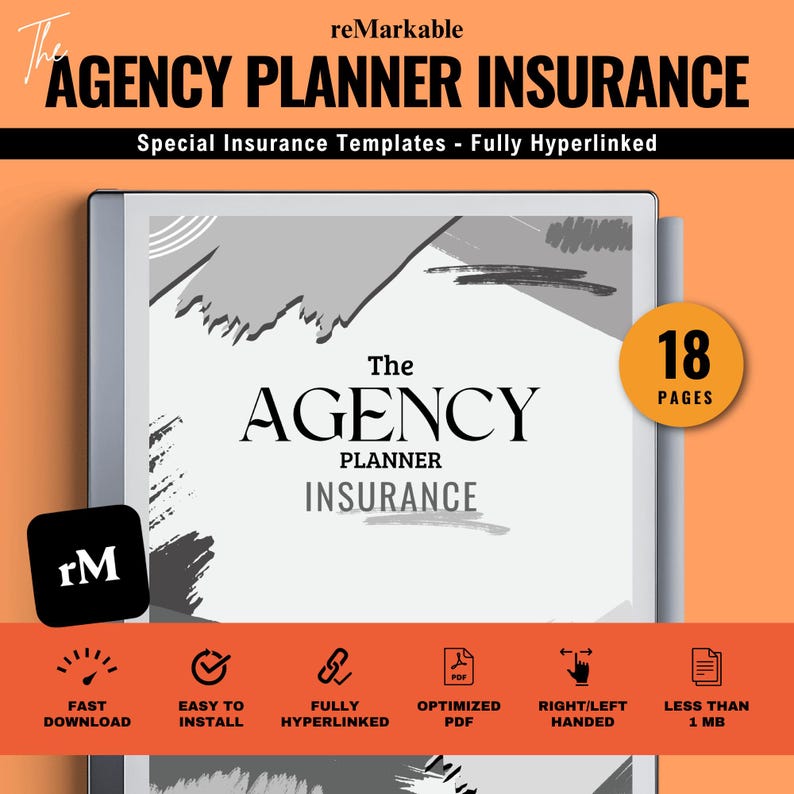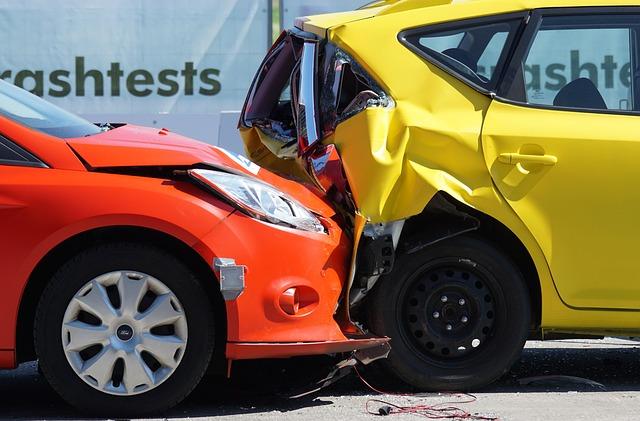When it comes to running a used car dealership, insurance is one of those essential yet often overlooked aspects that can make or break your business. Despite its importance, many dealers unintentionally make costly insurance mistakes that leave them vulnerable to financial risks and legal troubles. In this article, we’ll gently guide you through some of the most common insurance errors used car dealers tend to make—and, more importantly, how to avoid them. Whether you’re new to the industry or have been in the game for years, understanding these pitfalls can protect your business and give you greater peace of mind. Let’s dive in.
Table of Contents
- Common Misunderstandings About Liability Coverage and How to Address Them
- Overlooking Vehicle History Insurance and Its Impact on Dealer Protection
- The Importance of Regular Policy Reviews to Prevent Costly Gaps
- Best Practices for Choosing the Right Insurance Partner Tailored to Your Dealership
- The Conclusion
Common Misunderstandings About Liability Coverage and How to Address Them
Many used car dealers mistakenly believe that their liability coverage will automatically extend to every scenario involving their vehicles or employees. In reality, liability insurance has specific limits and conditions that, if overlooked, can leave your business exposed to significant financial risk. For instance, assuming that liability coverage protects against damage from every test drive or that all employee actions are covered without exception is a dangerous misconception. These gaps occur because policies often exclude certain high-risk activities or require additional endorsements to extend protection further. Without a clear understanding of these nuances, dealers could find themselves personally liable for claims they believed were insured.
To address these issues, it’s crucial to regularly review your liability policy with an insurance professional and clarify what is and isn’t covered. This includes discussing scenarios such as off-premise test drives, employee negligence, or damage during vehicle transportation. Additionally, consider implementing detailed operational protocols that align with your policy’s coverage restrictions to minimize risks. Educating your whole team about the limitations and responsibilities tied to liability insurance not only helps prevent costly oversights but also fosters a culture of informed risk management within your dealership.
Overlooking Vehicle History Insurance and Its Impact on Dealer Protection
One of the overlooked aspects in the insurance realm for used car dealers is the critical role vehicle history plays in risk assessment and claims management. Failing to account for discrepancies in a car’s background—such as accident reports, title brands, or previous insurance claims—can expose dealers to significant financial vulnerabilities. Insurance providers rely heavily on this history to determine policy terms and coverage limits, so neglecting to verify or disclose crucial vehicle information often leads to denied claims or unexpectedly high premiums. This gap not only compromises the dealer’s protection but also diminishes trust with customers, who expect transparent and secure transactions.
To safeguard their interests effectively, dealers should incorporate comprehensive vehicle history reports into their insurance evaluation process. This means working closely with insurers to ensure all records are accurate and up to date. Additionally, fostering proactive communication about any potential red flags can help in negotiating better policy terms. Key practices include:
- Integrating third-party vehicle history databases before finalizing insurance agreements
- Training staff to spot inconsistencies or gaps in vehicle documentation
- Maintaining thorough records for every trade-in and resale vehicle
- Reviewing insurance policies regularly to match evolving vehicle risk profiles
By prioritizing the accuracy of vehicle backgrounds in insurance matters, dealers not only protect their bottom line but also strengthen their reputation as reliable, responsible sellers.
The Importance of Regular Policy Reviews to Prevent Costly Gaps
One of the biggest risks used car dealers face is unintentionally leaving themselves exposed due to outdated coverage. Insurance policies are not “set it and forget it” documents—they require periodic reassessment to keep pace with changes in inventory size, showroom expansions, or shifts in liability exposure. Without regular reviews, dealers might discover coverage gaps when it’s too late, leading to significant out-of-pocket expenses. For instance, failing to update your policy after acquiring more vehicles could mean your insurer pays less—or nothing at all—in the event of theft or damage.
To safeguard your business effectively, establish a routine check-in schedule with your insurance provider. Consider these essential steps during your policy review:
- Verify current vehicle counts and values to ensure coverage limits remain adequate.
- Reassess liability protections in light of any new services or expanded customer interactions.
- Update endorsements for specialized risks like test drives or off-site promotions.
By staying proactive, you can close potential loopholes that might otherwise leave unexpected financial burdens on your shoulders.
Best Practices for Choosing the Right Insurance Partner Tailored to Your Dealership
When selecting an insurance partner for your dealership, it’s crucial to prioritize specialization over general coverage. A provider that understands the nuances of the used car market will offer tailored policies that protect your inventory, lot, and business operations more effectively. Look for companies that provide clear, transparent communication and offer risk assessments specific to automotive dealerships. Avoid settling for low premiums alone; the cheapest plan may leave you vulnerable to significant gaps in coverage during a claim. Instead, demand detailed explanations of inclusions, exclusions, and claim processes to ensure confident decision-making.
Consider these essential factors when evaluating your options:
- Experience with used car dealerships and related liability risks
- Customizable policy features that fit your lot size and sales volume
- Responsive claims support and reputation for honest handling
- Value-added services, like risk management consultations and legal advice
Choosing wisely helps avoid costly insurance errors that could jeopardize your business’s future. A proactive, partnership-driven approach builds resilience and trust, ensuring your dealership is protected no matter the unexpected challenges on the road.
The Conclusion
Navigating the world of insurance can be tricky, especially for used car dealers juggling countless responsibilities. By being aware of these common insurance errors and taking proactive steps to avoid them, you’re not only protecting your business but also building trust with your customers. Remember, a little attention to detail today can save you from a world of headaches tomorrow. Stay informed, stay insured, and keep your dealership running smoothly.






